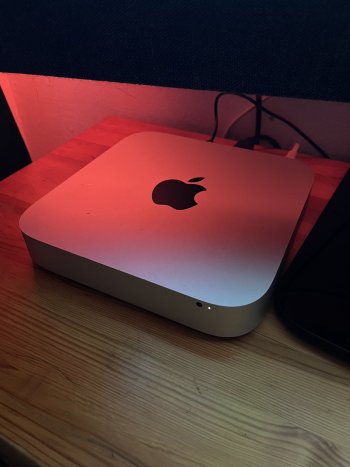On my iMac 15,1, booting Sonoma 14.0 with the latest OCLP 1.0.1, I have noticed the available SSD disk space decreased until it was missing about 12-15GB (about 54GB left available, but it should be 67GB+ or so). As the Apple blade SSD is only 128GB to start with, I was getting worried and booted to Ventura on an external Crucial 512GB SSD connected by USB. Disk Utility showed over 10 APFS snapshots, most about 2.5GB in size. I was able to delete all but the latest 2, which were smaller, about 350MB. So after rebooting to Sonoma on the internal Apple blade, my available disk space was restored!After testing on an Apple M2, this issue is most likely Sonoma related.
Do you know how I can prevent the formation of those snapshots?
I have seen a setting in CCC that turns off snapshots, but nothing in the OS system preferences, at least as far as I know. I have known for some time that using Onyx, set to erase the Time Machine snapshots, and the following Terminal code;
Code: sudo tmutil thinLocalSnapshots / 10000000000 4
That you can usually regain space lost to Time Machine snapshots, but in this case, that code didn't work.
This is probably a OCLP/Sonoma related issue.
Last edited:


